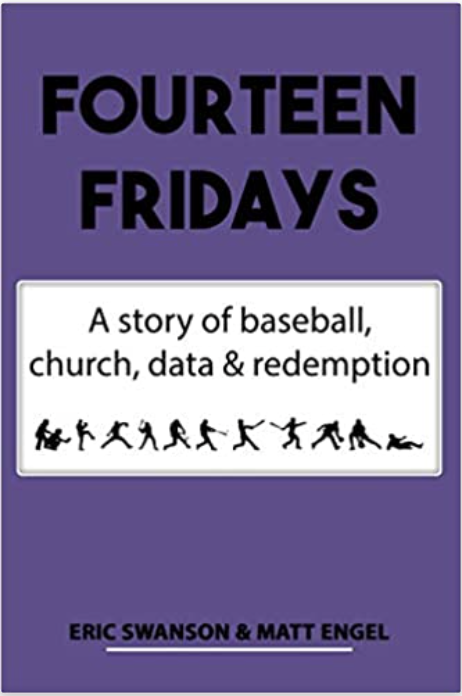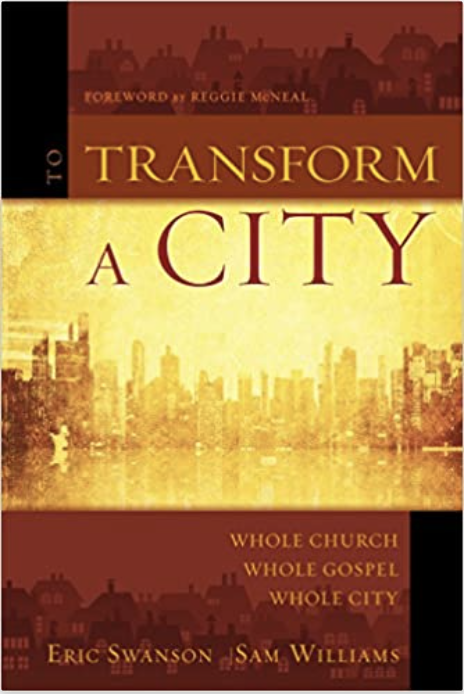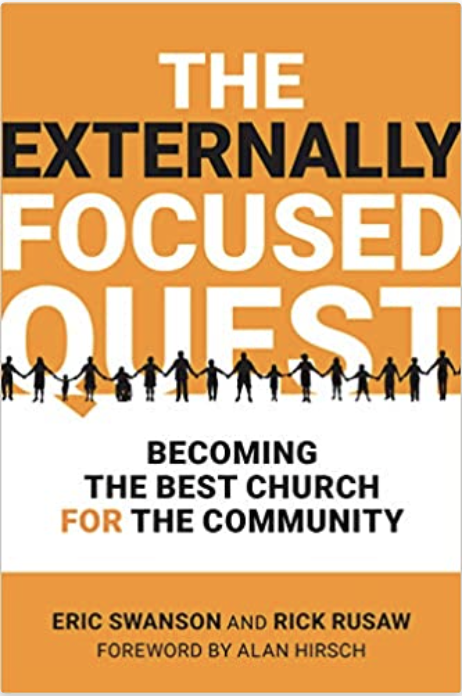Lincoln’s desire for legacy
“His friends were worried that he was suicidal and removed all razors and knives from his room. Throughout the nadir of Lincoln’s depression, his best friend, Joshua Speed, stayed by his side. In a conversation both men would remember as long as they lived, Speed warned Lincoln that if he did not rally, he would most certainly die. Lincoln replied that he was more than willing to die, but that he had “done nothing to make any human being remember that he had lived,” and the “to link his name with something that would redound to the interest of his fellow man was what he desired to live for.
“Even in this moment of despair, the strength of Lincoln’s desire to leave “the world a little better for my having lived in it “carried him forward. It became his lodestar, providing a set of principles and standards to guide his everyday actions.
“Not long after he signed the Emancipation Proclamation, his old friend, Speed, visited him at the White House. Lincoln reminded him of their talks during his depression two decades earlier. “I believe that in this measure,” Lincoln said, referring to the proclamation, “my fondest hopes will be realized.” Nearly two centuries after his birth we can say with certainty that the ambition that powered Lincoln from his earliest days—the desire to establish an admirable reputation on earth so that his story could be told after he died—has been realized far beyond his fondest hopes.”
TIME, July 4, 2005, p. 54








